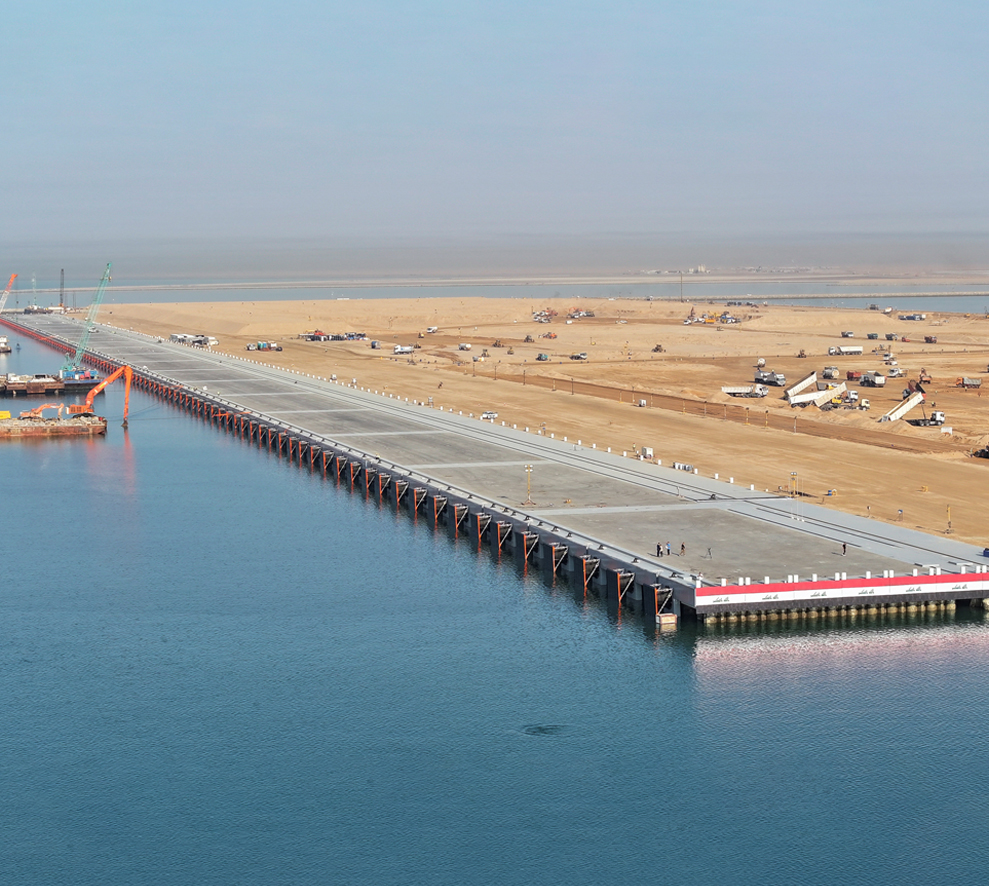Analyses
Regional Trends
The Syrian-Iraqi Border: Reshaping the Geopolitical Space of the Middle East
International and Global Trends
Real clear world: A former terrorist inside the white house
International and Global Trends
NYT: The President and A Former Terrorist Meet at the White House
Arab policy
The Syrian Unity Predicament: Files of Sovereignty, Security, and the Kurdish Issue
The Palestinian–Israeli Conflict
Trump’s Plan: Second Phase Scenarios
Filter by:
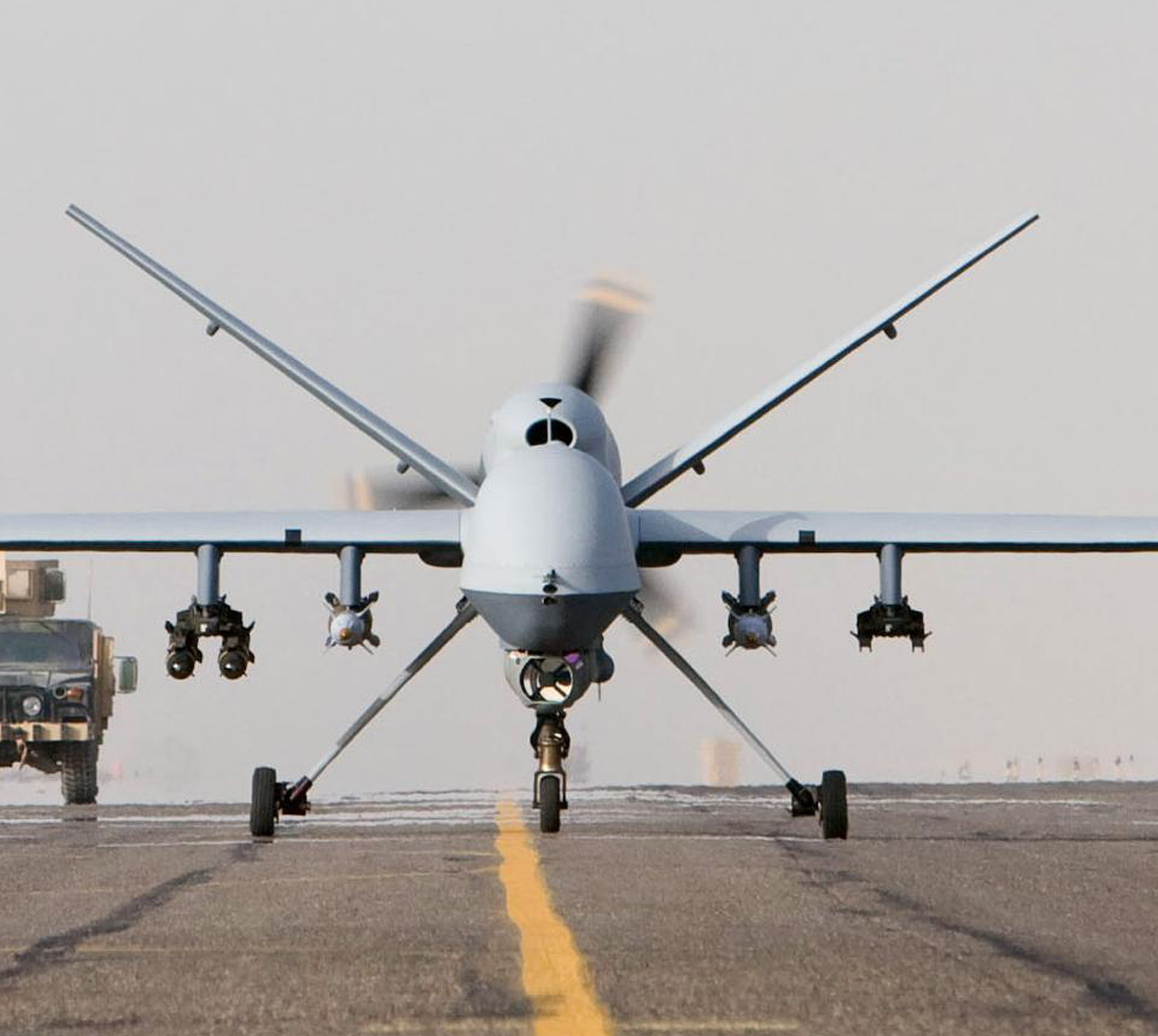
The “Decapitation” Strategy, Impact and Effectiveness: Al-Aqal and Al-Zawahiri as a Model
Policy analysis| This analysis examines one of the most prominent strategies in the context of counterterrorism, known as the "hard hammer" or "Decapitation" by the leaders of terrorist groups. As well as the historical development and the effectiveness of this strategy in creating, leadership gaps within terrorist organizations, and crises in choosing a successor, where such crises reached the point of divisions and defections. This analysis, then, addresses the decline and end of those organizations.
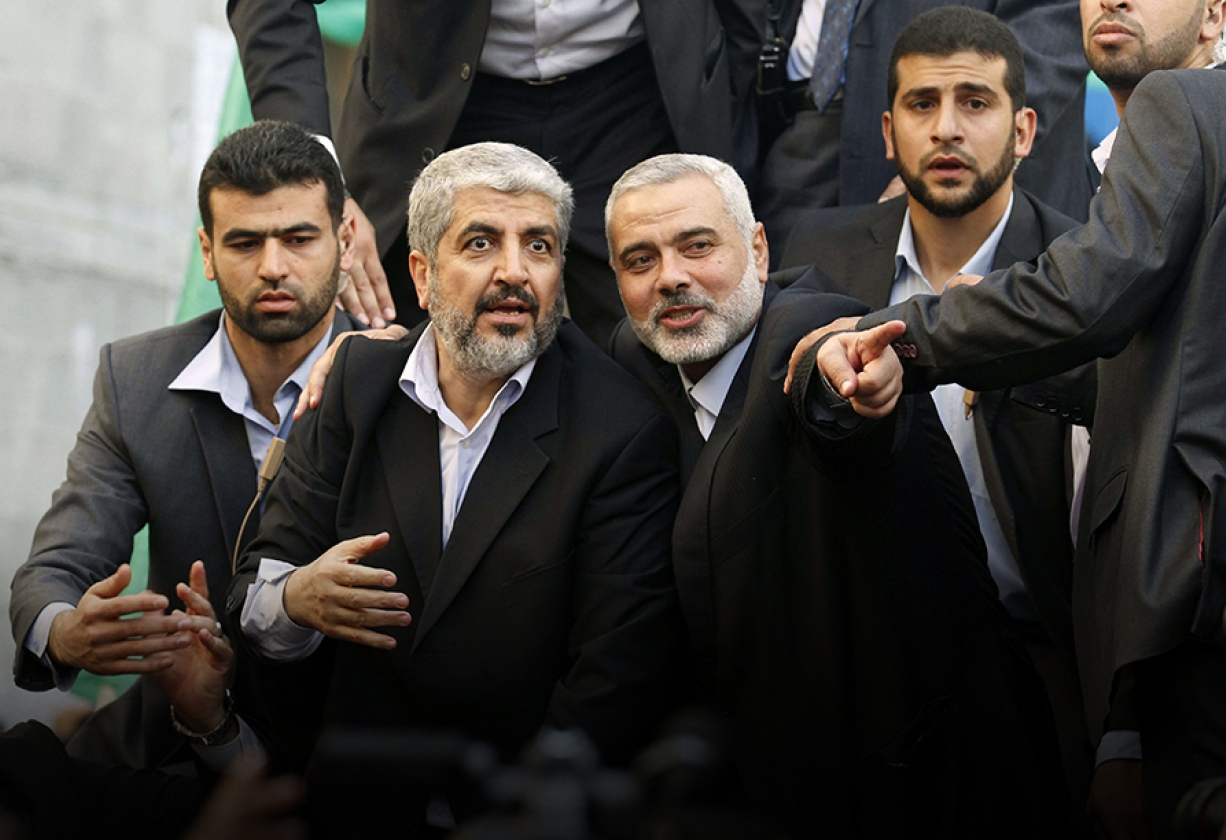
A NEW PHASE IN HAMAS POLITICAL PROJECT
This paper touches upon "Hamas" Movement's attitude towards the escalation between Israel and the Islamic Jihad Movement in Gaza Strip following the assassination of military leaders as well as a group of activists in the Islamic Jihad Movement, and it addresses the reasons for Hamas's neutrality towards military intervention against the Israeli attacks, and its demands to stop them without threatening to respond or participate in the process.
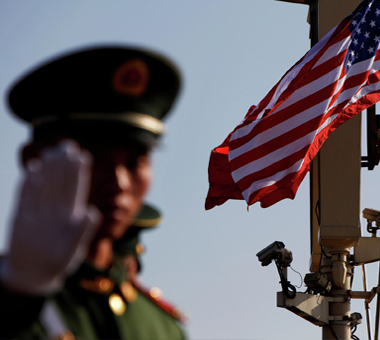
The Necessary Balance: The Rise of China and U.S. Control
This paper addresses the impact of accelerated Chinese growth on the status of the international system, at a moment when talk is more on the need to create a balance between the rise of China and the current U.S. position. This paper addresses the Chinese strategy in managing this rise, and the U.S. strategy in confronting it.
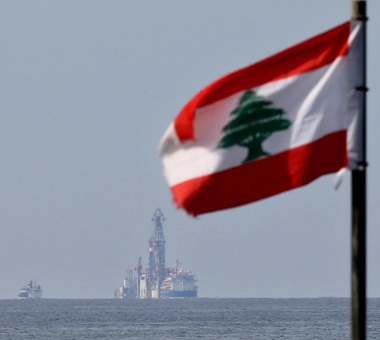
Where would the Lebanese-Israeli Maritime Conflict Lead to?
This paper estimates the legal position of the maritime border dispute between Lebanon and Israel, which is related to the right to use the resources in the disputed waters. This paper also considers to the possible scenarios of this conflict, in accordance with domestic and external considerations, within which Lebanon and Israel are taking their moves.
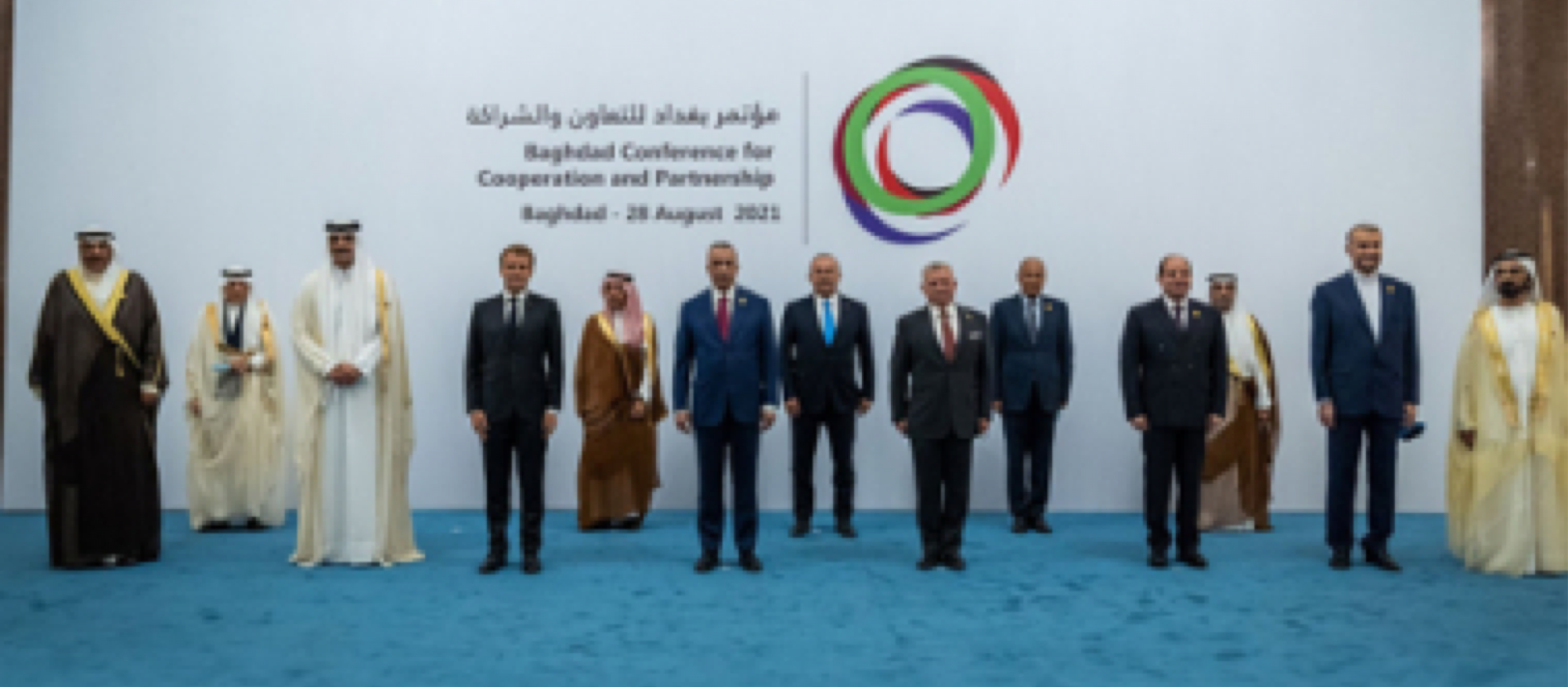
Advertising space title
Description of the advertising space. Upon the client’s initial approval of the design, this text will be removed.
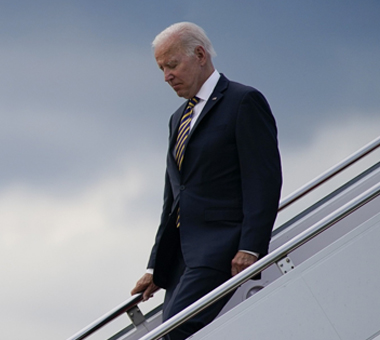
Biden in the Middle East: Searching for a New Regional Equation
This paper presents a reading of the nature of current U.S. foreign policy interactions with the Middle East environment. With a critical method, this paper reviews the most significant features of President Joe Biden's trip to the region. The paper also argues the fallacies of U.S. withdrawal and the emergence of a multipolar world. The paper is concluded in demonstrating the importance of regional balance to reduce -or neutralize- the major conflicts.
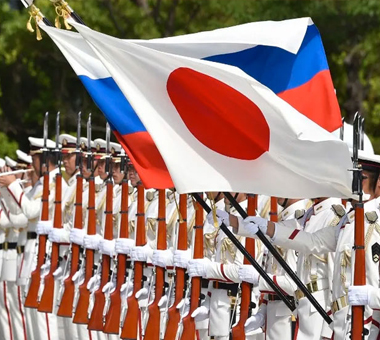
The Future of Russian-Japanese Relations in the Light of the Ukrainian Crisis
This paper addresses the Japanese policies and their future in the light of the Russian-Ukrainian crisis. The paper also addresses Japan's reactions to such policies. This paper reviews the nature of Russian-Japanese relations, and it examines the case of the Kuril Islands as one of the outstanding files between Tokyo and Moscow, since the end of World War II.
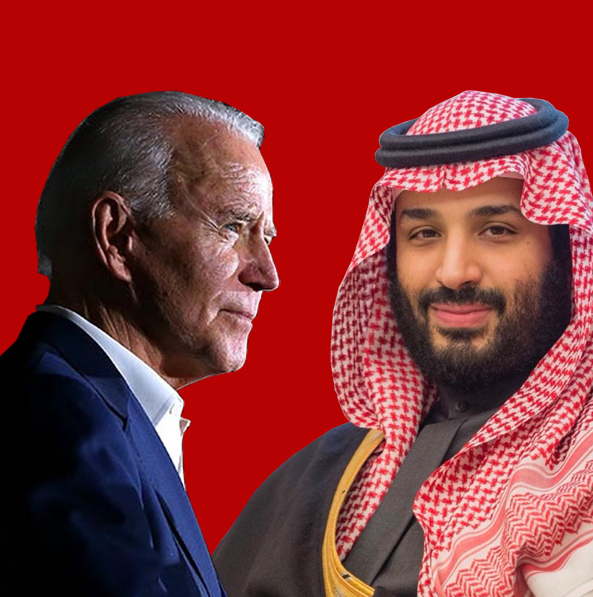
Biden's visit: Who will lose and who will gain?
In general, the points of agreement between Washington and Riyadh transcend the contentious issues between the two countries.
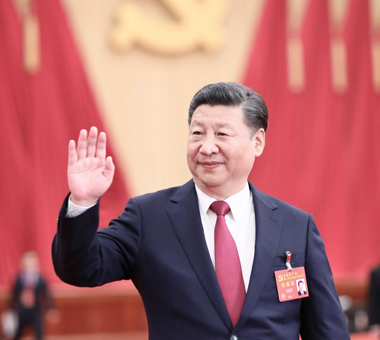
China’s Strategy in the Middle East from an Analytical Perspective
This analytical perspective addresses the ways and methods of Chinese engagement in the Middle East, building China's partnerships with various countries in that region. It also addresses the nature and future of China's presence in the region.
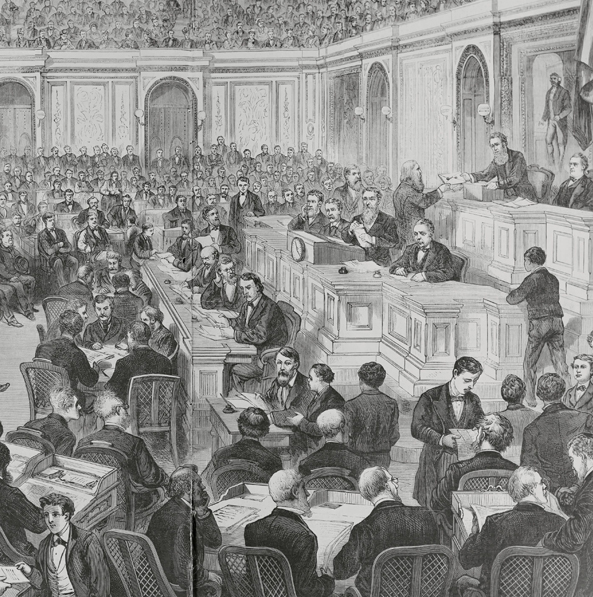
The Electoral Indecisiveness: when a President Becomes a Lame Horse
This op-ed tackles the presidential and parliamentary elections held in a number of countries in previous years, both in Europe and in countries in the Middle East, and how small or novel parties, influenced by the elections results, became obstacles facing the traditional parties while forming governments, as in the past.
